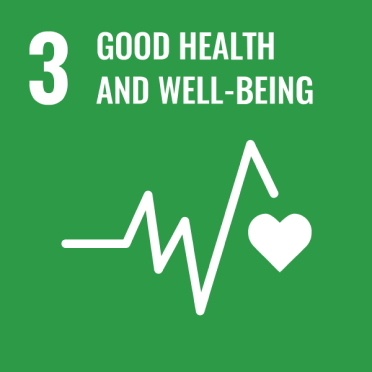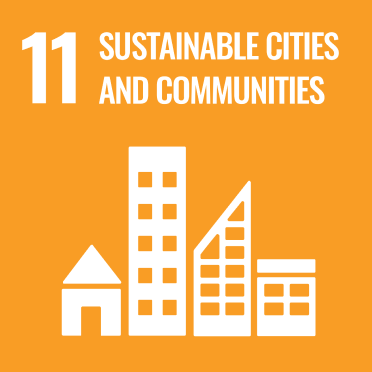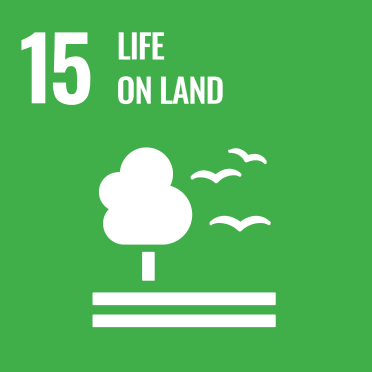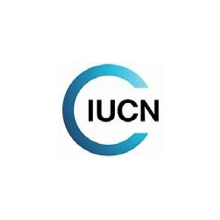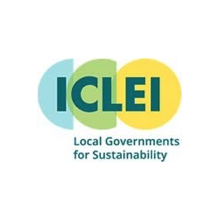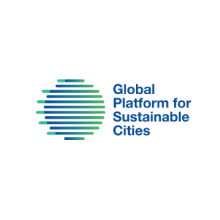
Connecting nature solutions with people.
CITIES ON THE FRONT LINE OF NATURE LOSS

AN OUTSIZED ECOLOGICAL FOOTPRINT
Cities occupy 2% of the global surface however, they use 75%of the world’s resources to generate 80% of global GDP.
High water usage and waste generation

AN INCREASE IN LAND USE
Cities use of land will increase.
60% by 2050, resulting in destruction and degradation of natural habitats and tree coverage.

A GROWING POPULATION
55% of the world’s population live in urban areas, and this is forecast to grow to 80% by 2050.

A CLIMATE PROBLEM
Urban areas are responsible for over 75% of global carbon emissions

AN ECONOMIC COST
Our economic system and our future is completely reliant on nature, with ecosystem services valued at US$33 trillion annually.
4.2 millions
1.4 billions
44%
3-5 degrees
58%
MAIN BENEFITS OF URBAN BIODIVERSITY

Improves air quality as vegetation acts as natural air filter.
Promotes thermal comfort and attenuates the heat island effect.
Absorbs and Disperses noise.
Regulates water infiltration and reduces erosion and runoff.
Improves biophilia and resilience of the city ecosystem.
Prevents pests and regulates populations of harmful animals.
Mitigates climate change by conserving healthy vegetation that stores carbon dioxide.
Attracts and protects fauna.
Has a Positive Impact on the local economy
Reduces stress and improves and promotes physical and mental health.
Reduces public insecurity and promotes local commerce.
Urban Biodiversity in the International Framework
International frameworks such as The Global Biodiversity Framework call for the expansion of investment in urban biodiversity.
